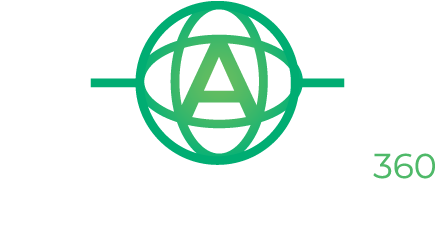How to Craft a Standout Resume: Tips from the Experts

posted 24th February 2025

Creating a resume that stands out can be the key to landing your dream job. Even in somewhat uncompetitive job markets, making a great first impression still holds importance. Here's a rundown on how to craft a resume that catches the eye and showcases your unique talents:
1. Kick Off with a Strong Summary
• Engaging Introduction: Start your resume with a punchy summary that highlights your key skills, experience, and career aspirations. This is your chance to grab the employer's attention from the get-go.
• Tailored Content: Customize your summary for each job application, focusing on the most relevant qualifications and achievements. Read the job description and use similar language to what is mentioned in the role and responsibilities section of the job posting.
2. Focus on Relevant Experience
• Highlight Key Roles: List your work experience in reverse chronological order, starting with your most recent job. Emphasize roles that are relevant to the position you’re applying for.
• Quantify Achievements: Use numbers and metrics to highlight your accomplishments. For example, "Reduced production costs by 15% within three months" is more impactful than "Responsible for cost reductions in production.
3. Showcase Your Skills
• Skills Section: Dedicate a section to your skills, listing both hard and soft skills. Include technical proficiencies, market-specific projects, and transferable skills relevant to the job.
• Keywords: Sprinkle in keywords from the job description to ensure your resume gets through applicant tracking systems (ATS).
4. Include Education and Certifications
• Educational Background: List your educational qualifications, including degrees, institutions, and graduation dates. If you’re a recent graduate, consider including relevant coursework or academic projects.
• Certifications: Highlight any certifications or professional development courses that are relevant to the position. These can set you apart from other candidates.

5. Use a Clean and Professional Layout
• Formatting: Keep your resume clean and professional with clear headings, bullet points, and consistent formatting. Avoid clutter and use plenty of white space to make it easy to read.
• Font Choice: Stick to professional fonts like Arial, Calibri, or Times New Roman, and use a font size between 10 and 12 points.
6. Tailor Each Application
• Customization: Tailor your resume for each job application by highlighting the most relevant skills and experience. This shows employers you’ve taken the time to understand their needs and how you can meet them.
• Cover Letter: Include a customized cover letter that complements your resume and further explains why you’re a great fit for the role.
7. Proofread and Edit
• Error-Free: Proofread your resume multiple times to ensure it’s free of typos, grammatical errors, and inconsistencies. Consider asking a friend, mentor or your recruiter to review it as well.
• Clarity: Make sure your language is clear, concise, and professional. Avoid jargon or overly complex language.
8. Keep It Updated
• Regular Updates: Keep your resume up-to-date with new skills, experiences, projects and achievements. This way, you’ll always have a current resume ready for new opportunities.
• Reflect Growth: Make sure your resume reflects your professional growth and the latest developments in your career.
9. Be Authentic
• Honesty: Be honest and accurate in representing your qualifications and experience. Misrepresentations can harm your credibility and lead to issues down the line.
• Unique Voice: Let your unique voice and personality shine through. A resume that reflects who you are as a professional will resonate more with potential employers.
By following these tips, you can craft a standout resume that captures the attention of employers and opens doors to exciting career opportunities. Remember, your resume is a living document that should evolve as your career progresses. Good luck!

